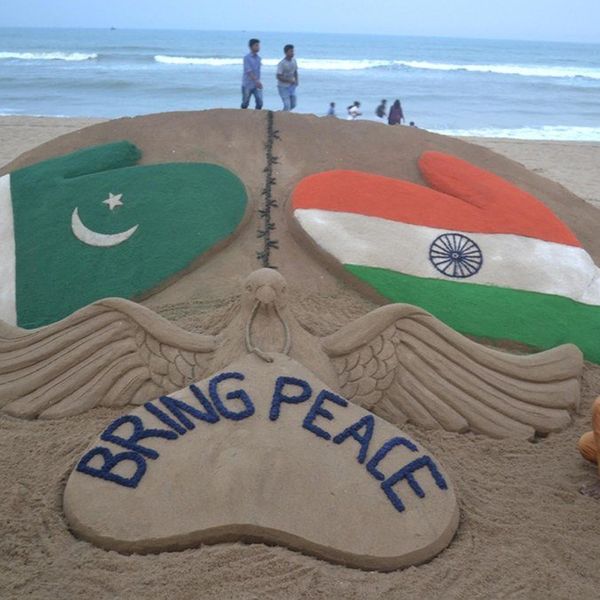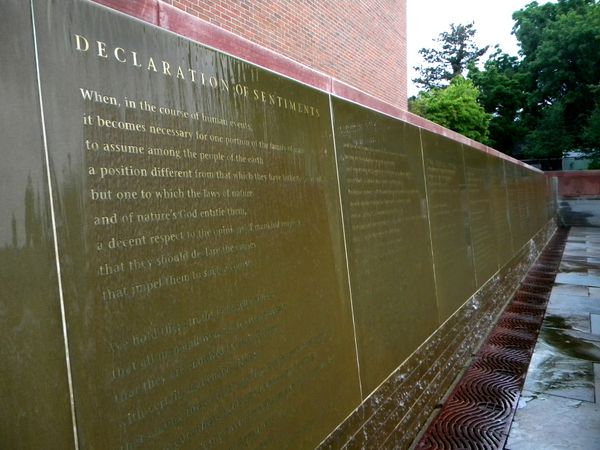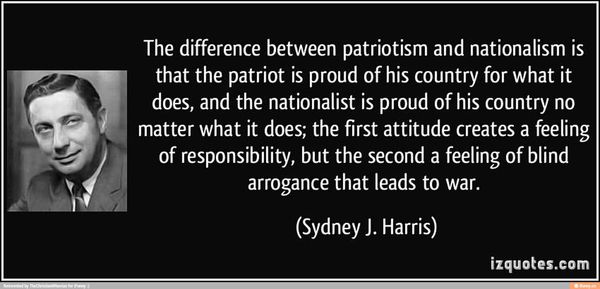Intro
In terms of American political interest, the country of Yemen is considered to be inconsequential. It is doubtful that most Americans could locate Yemen on a map, much less give a reasonable explanation of its current political circumstances. The country is easy to overlook, yet it is crucial in understanding America’s role in the region.
Background
Yemen is a small Middle-Eastern country located directly south of Saudi Arabia, bordering the Arabian Sea near the coast of Ethiopia. For the past year and a half, Yemen has been engulfed in a civil war between the Houthi (a socio-political group from Northern Yemen) and Yemen’s government. Yemen has long been an unstable nation with a variety of conflicts arising over the years and forming out of a continued insurgency by the Houthi. In 2011, Yemen joined much of the Middle East in what came to be known as the Arab Spring. Protests broke out across much of Yemen as many became strongly dissatisfied with this, eventually leading to the resignation of both the Prime Minister and President.
In September of 2014, the Houthi took control of Sana’a, the capital of Yemen, where much of the national government was located. After taking control, they began to consolidate power, forcing President Hadi to resign. On March 20, 2015, the Houthi declared war on President Hadi and his supporters, sparking the Civil War that has engulfed much of the country over the past year and a half.
Since then, the country has been enveloped in Civil War with the Houthis and their allies fighting to overthrow the existing government while the current government struggles to maintain control. On top of this, several major international players, such as Saudi Arabia, who has intervened directly in the affairs of Yemen in an attempt to stabilize its southern neighbor, have become involved in the conflict. In order to better understand this conflict, it is important to understand the parties involved.
Major Players
There are several major players in this conflict:
- The Houthis: The Houthis are a religious organization located in Northern Yemen that represent Zaidi Shi’ism, a minority religious group in a majority Sunni Muslim country. The Houthis have become increasingly aggressive toward the majority government and now act as the rebel opposition force in this conflict.
- President al-Hadi, President Saleh and the Sunni Majority: This represents the government interest and the fighting opposition of the Houthi. President al-Hadi is still under house arrest in Sana’a, though he is internationally recognized as the legitimate ruler of Yemen.
- Iran: Iran has become a major player in this conflict by providing military support and financial backing for the Houthis.
- Saudi Arabia: Saudi Arabia has inserted itself into this conflict in opposition to the Houthis by providing air support against them. Saudi Arabia fears the emergence of an unstable, or hostile, country to its southern border. It also feels the need to compete with Iran as a regional power.
- The United States: The U.S. has a vested interest in maintaining stability in oil-rich Saudi Arabia and in fighting the growth of terrorism in Yemen. The U.S. has supported Saudi Arabia in selling weapons and providing financial support to the effort.
According to the U.N., in the first 18 months of the conflict, 10,000 people have died, three million have been displaced and another 200,000 have been forced to seek refuge abroad. On top of this, another 14 million individuals, a little more than half of Yemen’s population, are in need of food aid.
Controversy of Over Saudi Intervention and U.S. Involvement
A great deal of controversy surrounds the United State’s involvement in the conflict. The United States have supported the Saudis military exploits through the sale of nearly $1.15 billion in weapons and munitions as well as intelligence assistance and logistical support. The Saudis see the Houthi as a puppet of the Iranian government and their cooptation of the Yemenese government as a threat to their own security.
There has been much concern over the continued development of the Saudi intervention with accusations that Saudi troops may be perpetrating systematic genocide against the Houthi and the Zaidi Shi’ites in general. These reports are not confirmed due to the Saudi’s attempts to keep foreign journalists out of the country.
The U.S. support for Saudi Arabia is seen as an endorsement of Saudi Arabia’s interventionist military activity. Critics argue that the U.S. should be in peace negotiations, not supporting continued military activity.
However, many fear an unstable Yemen, arguing that it will ultimately threaten the security of the region as well as become a hotbed for future terrorism.
Within the U.S. there has been a movement to stop the U.S. sale of arms to the Saudis. Questions remain as to what role the U.S. should play in this conflict and how the conflict should be handled.
Future Questions
The future of Yemen, like that of many other Middle-Eastern countries, hangs in the balance. Conflict threatens to engulf the country, eroding all types of stable institutions and creating a possible greenhouse for terrorism.
This conflict, like many others, embodies several fundamental questions that exist within post-9/11 American Foreign Policy which must be tackled. These questions are: What role should the United States play in the internal functions of foreign countries such as Iraq, Afghanistan, Syria, Libya, and Yemen? And how can Americans reconcile the desire for global democracy with the need for stable and secure governments across the world?
Yemen’s government was corrupt, discriminatory and unfair; it treated its citizens poorly and delivered a low quality of life for its people. It is understandable that the people of Yemen would want to overthrow this decrepit institution, yet if this institution no longer exists, what is to stop the country from falling into anarchy and becoming a prime breeding ground for terrorism that could threaten the very security of the United States itself?
This is the balance that America must maintain: the desire to provide the people of Yemen a safe, secure and beneficial government and a government that will serve their interest while also realizing the need for stability in the region. The United States must protect against the spread of terrorism while also avoiding meddlesome interventionist policies that often give rise to a multitude of unforeseen problems. These questions will be difficult to answer, but they require that the American public be informed as to the exploits of their government.





















